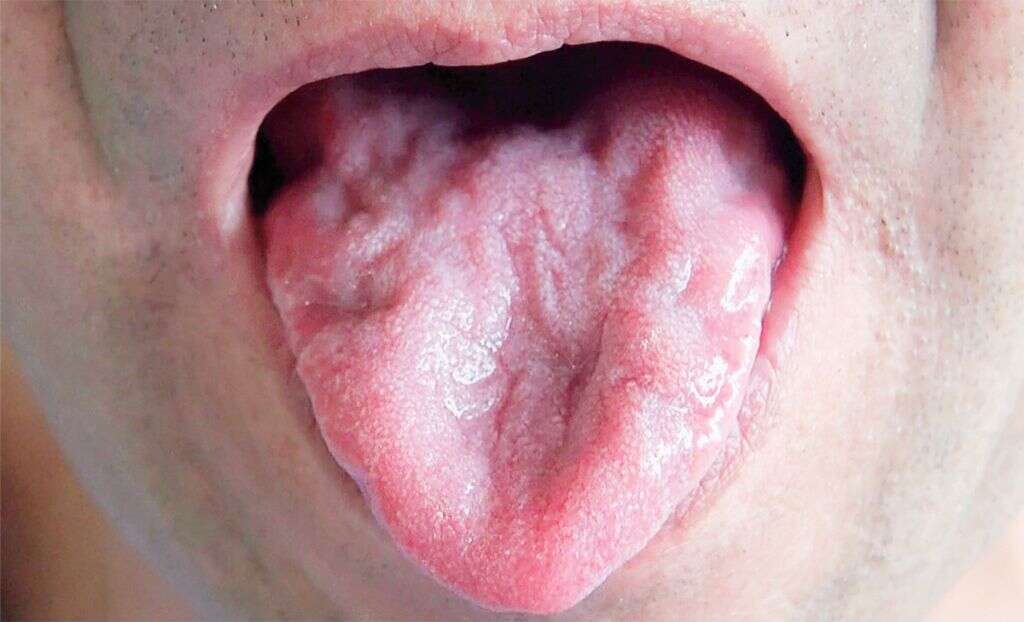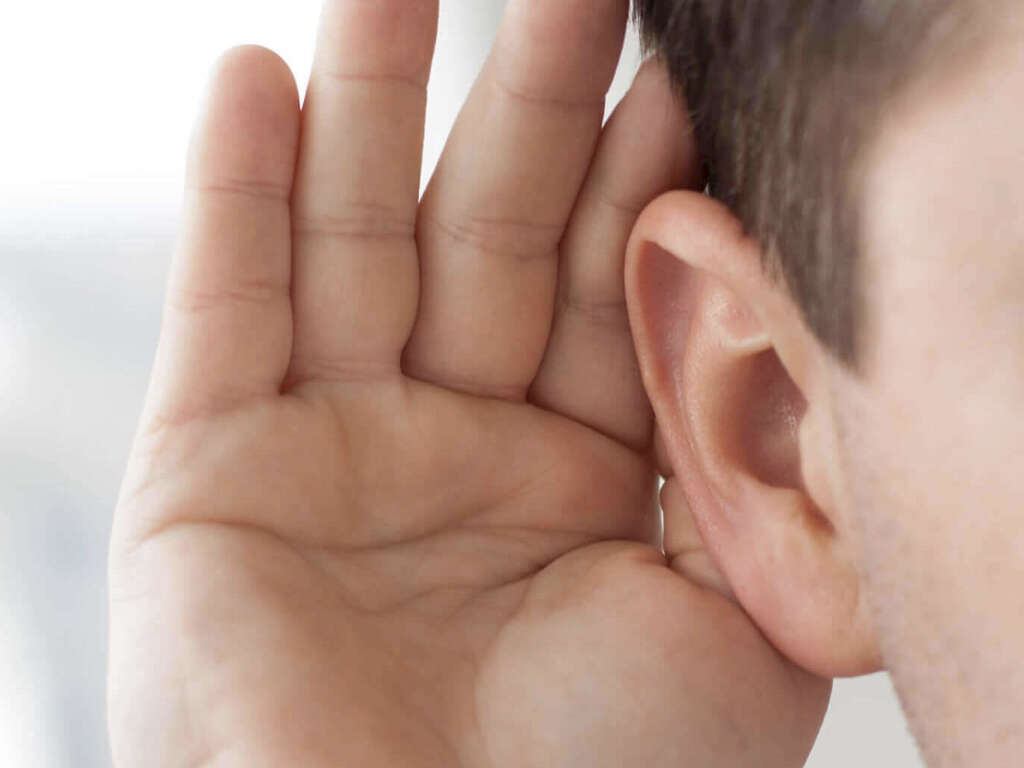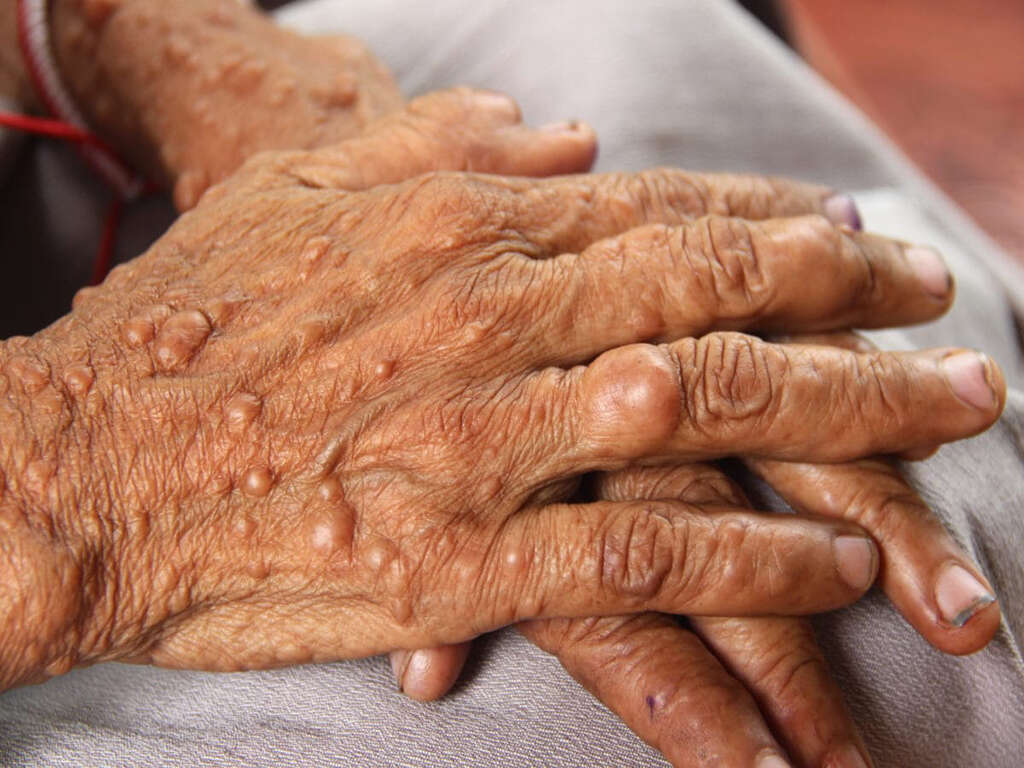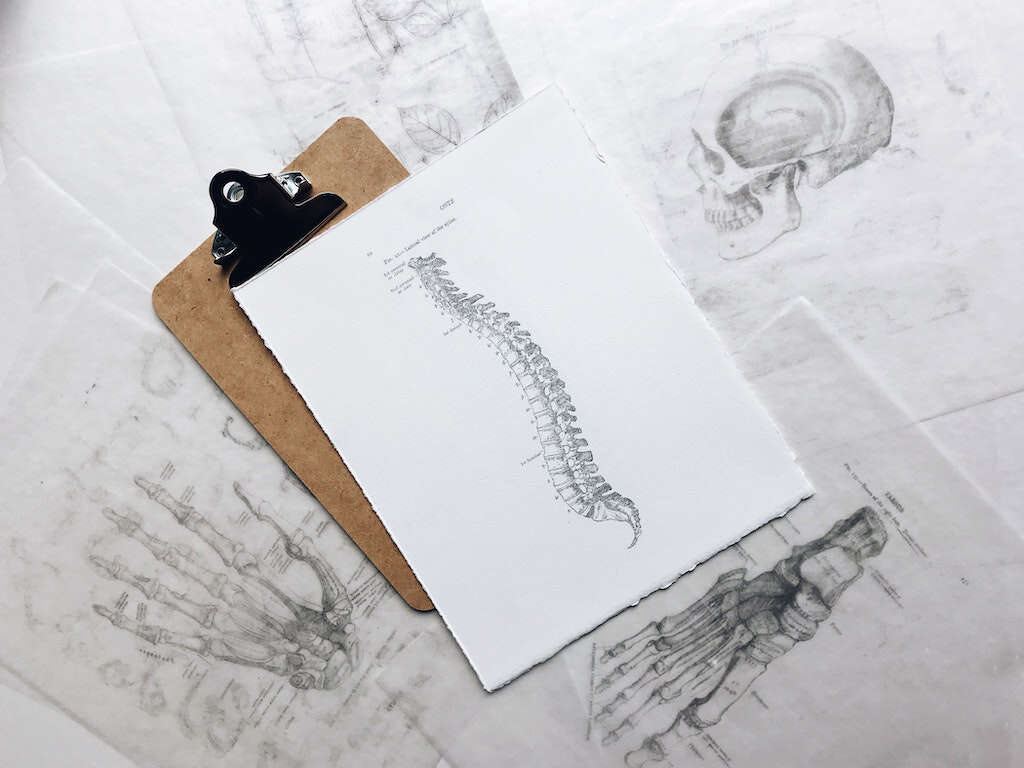10 Nerve Damage Symptoms
Symptom #5: Fasciculations
A fasciculation is used to describe an involuntary, local, and small muscle contraction and relaxation that can sometimes be seen under the skin. Fasciculations that occur deeper in the skin can be detected via electromyography. Fasciculations occur due to spontaneous depolarization of a lower motor neuron, which causes the synchronous contraction of the muscle fibers in a motor unit.
Fasciculations have many causes, most of which are benign. Some other examples of conditions that can cause fasciculations are motor neuron disease (amyotrophic lateral sclerosis, poliomyelitis, spinal muscular atrophy), nerve injury, neuromyotonia, benzodiazepine withdrawal, rabies, magnesium deficiency, organophosphate poisoning, and use of acetylcholinesterase inhibitors.
Advertisement












